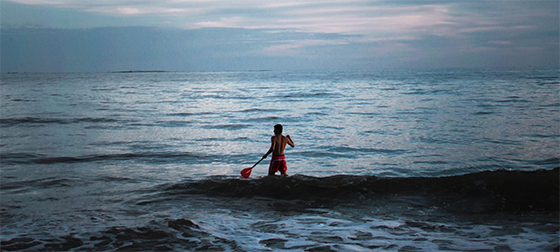
Last week I looked at what to add to your estate plan in case something happens to you while you’re still alive. Today we look at what you probably think of when someone talks about an “estate plan:” what happens to your things after you die.
Today’s question: What do I want to happen to my physical belongings and assets after my death?
If you have minor children, think about who you would want to care for them in your absence.
Again, it is helpful if you have an idea of what you want to happen to your belongings and money (and other assets, such as investment accounts, property, etc.) before you go see an estate planning attorney. Thinking through what you own, what you want to do with it, and who you want to inherit it ahead of time will give you a head start when an estate planning attorney hands you a questionnaire, ready to take notes to draft a document.
The first document: a will. A will is your chance to formally declare where you want to leave your assets and personal property. Do you have young children? This is the place to name guardians. You probably want to check with whomever you name ahead of time, as guardianship of children is not something to spring on an unsuspecting family member or friend.
However, a will is likely not the only document you need. If you have young children, you may want to leave them money, but they may not be old enough to take control of it themselves or mature enough to handle a large sum all at once.
You could leave money to your children’s potential guardians, or you could leave it in a trust to provide for your children’s needs without having to put money directly into someone else’s pockets and control. Trusts can also be set up to leave money conditionally, with the trust document laying out the terms for the distribution of its funds.
There are also certain types of accounts and assets, such as retirement accounts as life insurance policies, which carry their own instructions for how to be divided without input from your will, similar to trusts. These are set up to flow seamlessly to any heirs named as beneficiaries, with the result that a will has no effect on these accounts.
As a result, when reviewing your estate plan you should make sure such accounts and policies have the right beneficiaries. For example, before my marriage, my parents were the primary beneficiaries of my retirement accounts, but once I got married I changed my beneficiary to my husband, and moved my parents to the “contingent beneficiary” slot (sorry, Mom and Dad).
Here are some other potential scenarios that deserve thought when designing your estate plan:
- What if you own real estate?
- What if you own a business or a share in a business?
- What if you have alternative investments that are not easily valued and sold?
- What if you have children from a previous marriage?
The more complex your financial life, the more important it is to think through what will happen after your lifetime.
Sometimes the process is simple, and sometimes it is much more complex. Either way, it is better to spend a little time and money up front. Your heirs will be thankful for a boring legal process instead of one filled with headache, guilt, and legal red tape in addition to grief. Take the guesswork out of that process for them.
For more on getting your estate in order, see my articles on a power of attorney and medical directives, choosing an executor, and organizing your online/digital presence.
Photo used under Creative Commons Zero license.